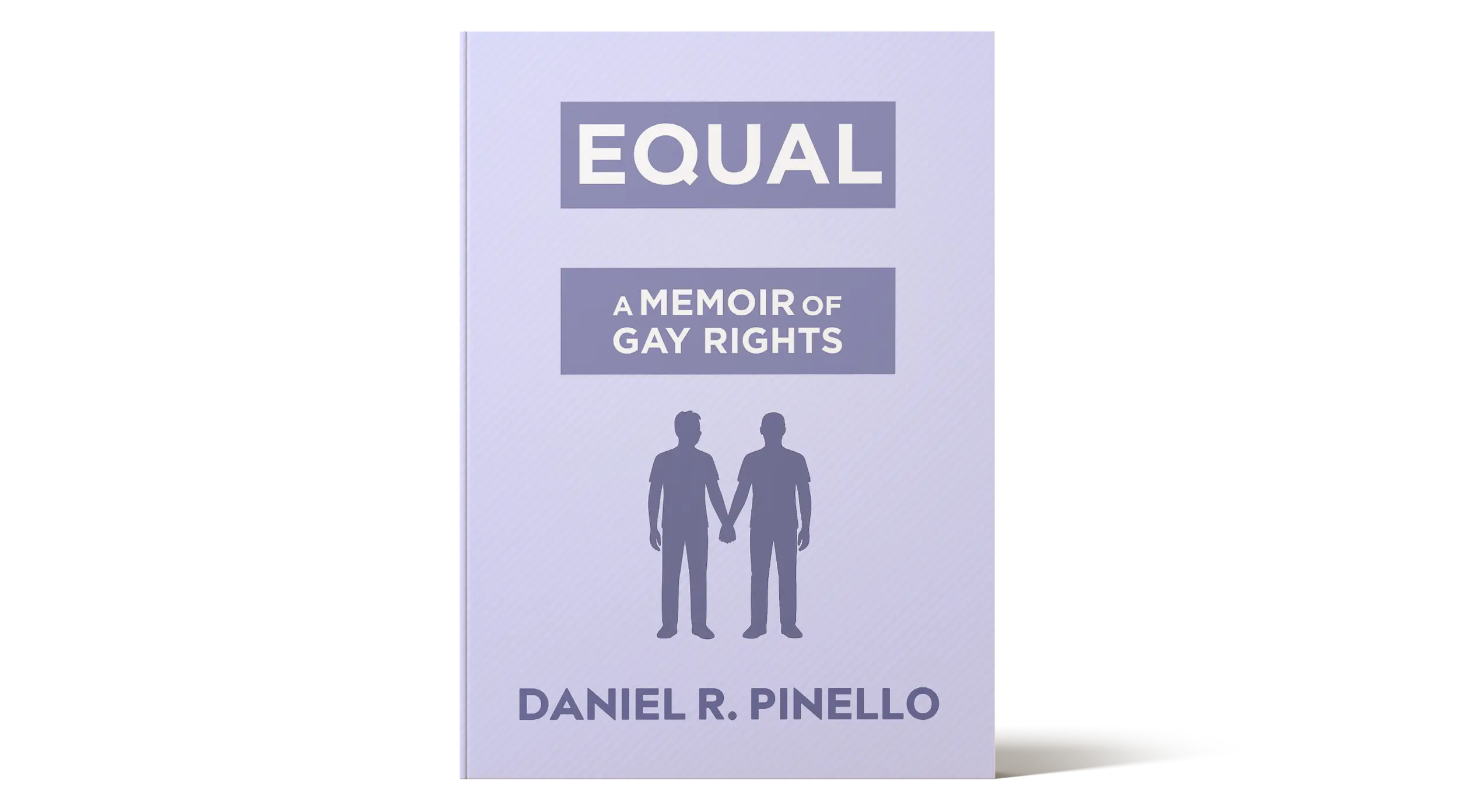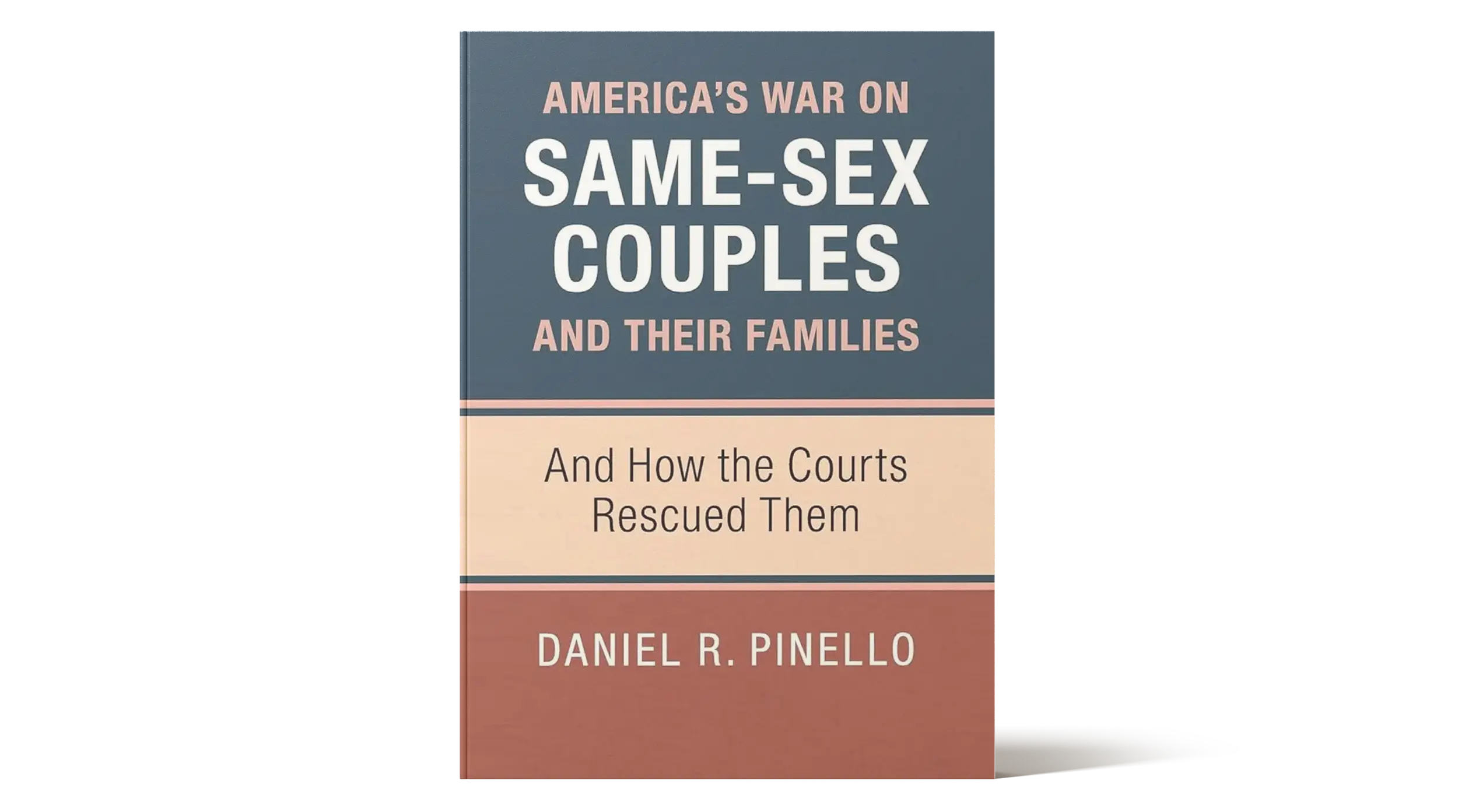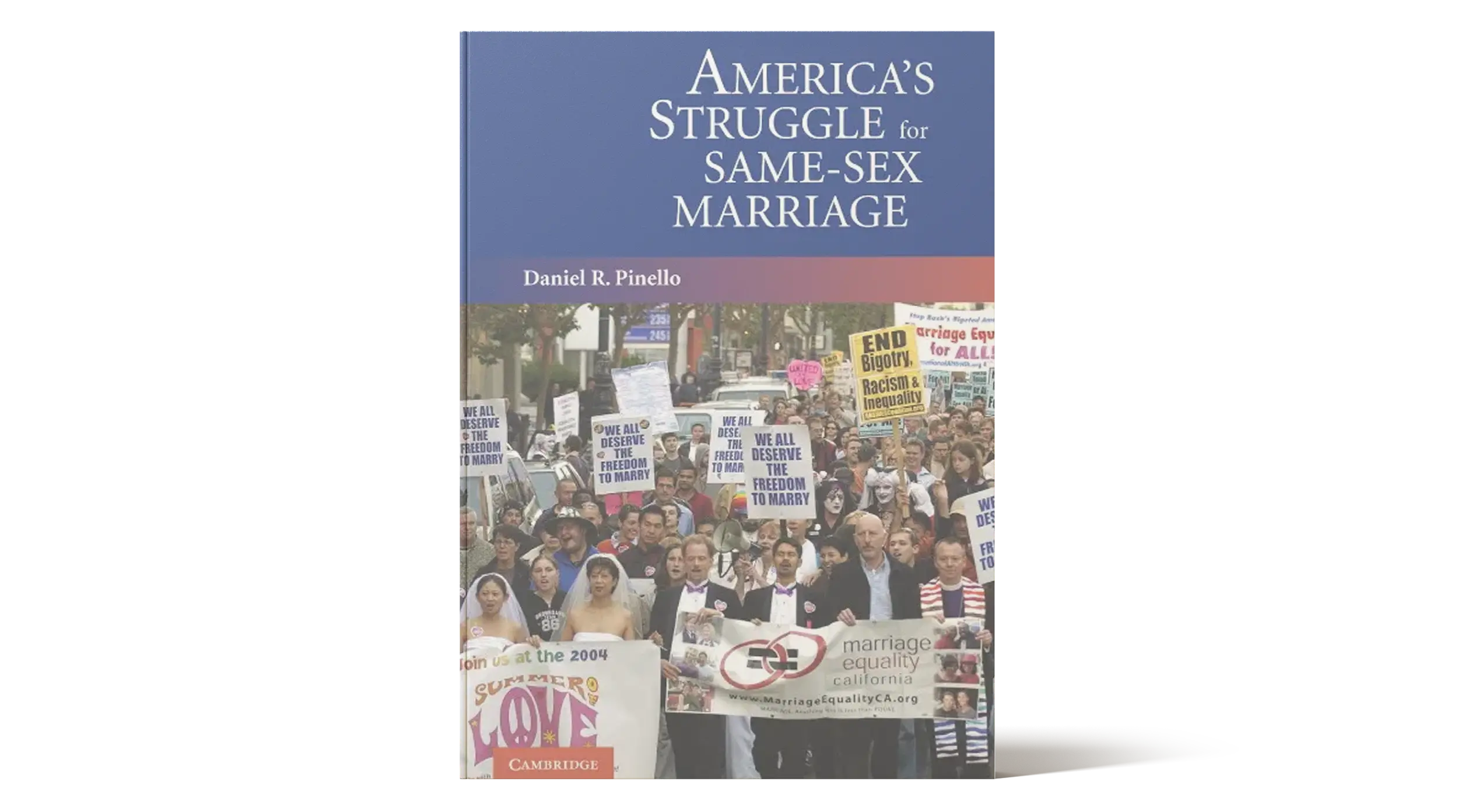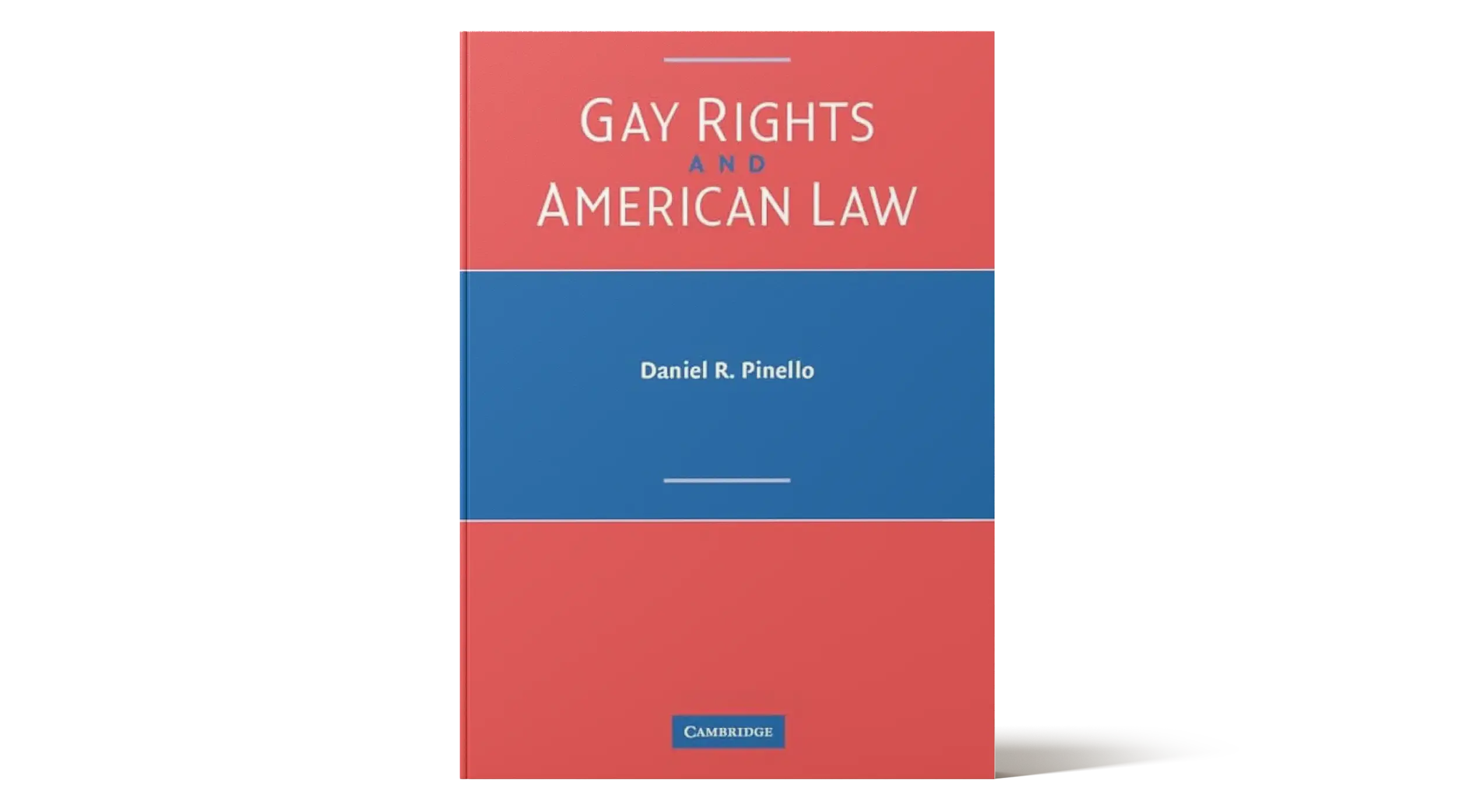Piatt v. Piatt
Virginia Court of Appeals
27 Va.App. 426, 499 S.E.2d 567
May 26, 1998
FITZPATRICK, Chief Judge.
Donna M. Piatt (wife) appeals the trial court’s order granting joint custody of the parties’ child but awarding John Piatt (husband) primary physical custody. Wife contends the trial court erroneously: (1) treated her post-separation sexual conduct differently from husband’s post-separation sexual conduct; (2) failed to make findings regarding the statutory factors relating to child custody; (3) ruled on the admissibility of certain evidence; and (4) employed a conclusive presumption that homosexual parents are harmful to their children. For the following reasons, we affirm.
I.
Under familiar principles, we view the evidence in the light most favorable to husband, the party prevailing below. See Wilson v. Wilson, 12 Va.App. 1251, 1254 (1991). Wife and husband were married in July 1989, and their child was born on January 13, 1993. Both parents worked, and child care was provided by Tara Angyal, who is a professional child care provider and a friend of wife’s, Sharon Piatt, who is husband’s sister-in-law, and both grandmothers. In December 1994, the parties separated while remaining in the marital domicile and entered into a settlement agreement under which they cared for the child on alternate weekdays and weekends. During this time, while husband was at work, his mother or Sharon Piatt often supervised the child and her slightly older female cousin. On wife’s days with the child, child care was provided by Tara Angyal and wife’s mother while wife worked. After wife vacated the marital residence in June 1996, the child spent alternate weeks with her parents, an arrangement both parties agree was unsatisfactory.
The parties’ settlement agreement also provided that a custody evaluation would be performed by Dr. Christopher D. Lane. In his report, Dr. Lane recommended that the parties share joint legal custody and that wife have primary physical custody with liberal visitation for husband. Dr. Lane based his recommendation in part on “the assessment of [wife’s] parenting abilities as being demonstrably broader in scope at this time than those of Mr. Piatt and in the perceived greater responsiveness of [the child] to her.” Dr. Lane also testified that his assessment of both parties’ parenting skills and commitment to parenting “would be consistent with a high level of devotion to the care of [the] child.”
At trial, both parents presented evidence concerning their post-separation relationships with third parties. The evidence established that husband had been involved in one heterosexual relationship and wife had participated in two homosexual relationships following the parties’ separation. Husband and his female friend testified that their involvement was serious, and they planned marriage with the full support of husband’s family. Wife acknowledged that she was “experimenting” and still dealing with the issue of her sexual orientation, and that as a result, her relationship with her father had been damaged.
Dr. Lane filed a supplemental report in which he reviewed several studies on the effects of homosexuality on children. He testified that “[t]here seems to be no credible documentation of damage to children” from being raised by a homosexual parent. Dr. Lane also indicated that wife “is still struggling with her own sexual identity,” and her “family is reverberating” from her “very angry estrangement from her father.”
The trial court ruled from the bench, finding that wife “is still in a turmoil, which is continuing and has continued over the last two years. This turmoil is as to her sexual orientation and how her life should go forward.” The court agreed with Dr. Lane that “both parents have good parenting skills. They both love their daughter, and their daughter loves both of them.” However, the trial court expressed doubt about the credibility of wife’s testimony and concluded:
I have to balance these things out. And there is no easy answer, but I believe that the father is better qualified at this point to be the primary caretaker of the child. I believe there is more stability in his surroundings and in his home. There is support on both sides of the family, but there is probably a little bit more support on the side of the father….
I am going to make it joint custody, because I do not want anybody to think that they do not have a say in raising the child. The primary custodian will be the father.
The trial court awarded joint legal custody of the child, with husband having primary physical custody and wife having ten days per month visitation plus vacations and alternate holidays.
II. Post-Separation Sexual Conduct
Wife contends the trial court erred in treating her two post-separation relationships as having an adverse effect upon the child, but not so treating husband’s relationship. However, the record discloses no finding that either party’s post-separation sexual behavior had an adverse effect upon the child. Rather, the trial court treated the parties’ post-separation sexual behavior as evidence supporting its conclusion that husband provided a more stable home environment for the child. Consequently, wife’s contention is without merit.
In determining child custody, a trial court is required to “give primary consideration to the best interests of the child.” Code Section 20-142.2(B). Because the trial court heard the evidence at an ore tenus hearing, its decision “is entitled to great weight and will not be disturbed unless plainly wrong or without evidence to support it.” Venable v. Venable, 2 Va.App. 178, 186 (1986).
In general, a court examines the sexual conduct of a parent to determine whether it has had any adverse impact on the child. See Brown v. Brown, 218 Va. 196, 199 (1977) (“in determining the best interest of the child, the court must decide by considering all the facts, including what effect a nonmarital relationship by a parent has on the child”). Here both parents’ relationships were facts for the trial court to consider, but the record does not reflect that those relationships provided the basis for the custody award.
The trial court referred to wife’s post-separation sexual relationships and her “experimentation” not as having a direct negative impact on the child, but as manifestations of wife’s inner “turmoil” and “lack of control.” These characteristics have a direct bearing on wife’s ability to provide a stable home environment and to “meet the emotional, intellectual and physical needs of the child.” Code Section 20-124.3(3). See Bostick v. Bostick-Bennett, 23 Va.App. 527 (1996) (the degree of stability of the home environment is a matter of concern under Code Section 20-124.3(3)).
The evidence supports the trial court’s conclusion that wife’s home environment was less stable than husband’s. The record demonstrates that wife often left the child in the care of others while she pursued recreational trips and activities. She occasionally took the child with her without regard to the child’s bedtime or evening routine. Wife was unsure whether she would remain in her condo after the one-year lease ended. She dated several individuals and admitted to two sexual relationships. Furthermore, wife’s family relationships were strained.
The court contrasted the stability of wife’s home environment with that provided by husband. The evidence shows that husband developed a routine for the child. He maintained his residence in the marital home, where the child had lived her entire life. He was involved in a long-term relationship with another woman and was planning for marriage. He had the full support of his parents and his brother and sister-in-law. His relatives provided day care for the child and her young cousin.
All of these facts led the trial court to conclude that, while it was clear that neither parent was unfit, husband could provide a more stable environment for the child. The trial court recognized the commitment of both parents to the child by ordering joint custody, and the physical custody arrangement provided wife with liberal visitation. The parties acknowledged that their previous shared custody arrangement failed. Credible evidence supports the trial court’s award of joint custody with primary placement of the child with husband.
III. Consideration of Factors in Code Section 20-124.3
In its final order, the trial court stated that it had “considered each and every factor under Section 20-124.3 of the Code of Virginia, 1950, as amended.” Wife contends the trial court erroneously failed to make findings of fact with regard to each of the statutory factors.
In determining the best interests of the child, a court must consider all of the factors set out in Code Section 20-124.3. Sargent v. Sargent, 20 Va.App. 694, 701 (1995). It is well established that failure to consider all of the factors is reversible error. See, e.g., Robinson v. Robinson, 5 Va.App. 222, 227 (1987). A trial court need not, however, “‘quantify or elaborate exactly what weight or consideration it has given to each of the statutory factors.'” Sargent, supra (quoting Woolley v. Woolley, 3 Va.App. 337, 345 (1986)). We find no merit to wife’s claim that the trial court must make specific findings as to each statutory factor.
Wife also claims the court failed to consider the “age and physical and mental condition of each parent” as required by Code Section 20- 124.3(2) by failing to give weight to Dr. Lane’s report. Wife’s argument to the contrary, a trial court is not required to accept the opinion of an expert. See McLane v. Commonwealth, 202 Va. 197, 205-06 (1960). “It is well established that the trier of fact ascertains [an expert] witness’ credibility, determines the weight to be given to their testimony, and has the discretion to accept or reject any of the witness’ testimony.” Street v. Street, 25 Va.App. 380, 387 (1997) (en banc ) (citing Bridgeman v. Commonwealth, 3 Va.App. 523, 528 (1986)). Thus, the trial court acted within its discretion when it declined to follow Dr. Lane’s recommendation.
IV. Evidentiary Issues
Wife contends the court erred in making a number of evidentiary rulings. Given its responsibility to manage often complex and hotly contested litigation, a trial court has broad discretion to determine the admissibility of evidence. See Langhorne v. Commonwealth, 13 Va.App. 97, 106 (1991) (citing Blain v. Commonwealth, 7 Va.App. 10, 16 (1988)).
Wife argues the trial court arbitrarily excluded evidence relevant to the factors outlined in Code Section 20-124.3. Some of the evidence to which wife refers was, in fact, not excluded. The other evidence was excluded as irrelevant, too abstract, or argumentative. “Evidence having rational probative value and which adds force and effect to other evidence will be admitted unless some other rule requires its exclusion.” Peacock Buick v. Durkin, 221 Va. 1133, 1136 (1981) (citing Levine v. Lynchburg, 156 Va. 1007, 1014 (1931)). After reviewing the excluded evidence, we conclude the trial court properly exercised its discretion to exclude evidence which it considered too far afield from the issues confronting the court.
Wife claims the court’s evidentiary rulings were tied to the sexual orientation of the party offering the evidence or asking the question. A litigant is denied due process if his or her case is heard before a judge who harbors “‘such bias or prejudice as would deny [the litigant] a fair trial.'” Welsh v. Commonwealth, 14 Va.App. 300, 314 (1992) (quoting Justus v. Commonwealth, 222 Va. 667, 673 (1981)), aff’d, 246 Va. 337 (1993). The trial judge made no statement that his rulings were based on anything other than the rules of evidence. The fact that the trial court made a number of evidentiary rulings adverse to wife, without more, does not indicate the trial judge was biased against her. See Stevens v. Commonwealth, 8 Va.App. 117, 123 (1989) (finding no bias despite the fact that the defendant lost 36 of 38 objections). The trial court’s evidentiary rulings were a proper exercise of its discretion and showed no bias against wife.
Wife also argues the court erred in admitting a greeting card as evidence, as well as in reading the card to determine whether it contained hearsay. After husband attempted to introduce the card, wife objected on the basis that the contents of the card were hearsay. The court ruled, “If you are offering it for the contents of the truthfulness of it, sustained.” The premise of wife’s argument is incorrect. As the court’s statement makes plain, the trial court did not admit the card, but ruled it inadmissible.
Wife’s argument that the trial court erred by reading the card also fails. First, the court had to read the card to rule on its admissibility. Second, the trial court is presumed to have excluded inadmissible evidence from its consideration, and wife has offered nothing to rebut this presumption. See Adams v. Adams, 233 Va. 422, 429 (1987) (citing Eckhart v. Commonwealth, 222 Va. 213, 216 (1981)). The trial court properly exercised its discretion in ruling on the admissibility of the card.
For the foregoing reasons, we affirm.
Affirmed.
ANNUNZIATA, Judge, dissenting.
In my opinion, the trial judge’s statements make clear that, in awarding husband primary physical custody, he applied different standards when evaluating the parties’ post-separation sexual conduct. Accordingly, I respectfully dissent.
Viewed in the light most favorable to husband, the record shows that, during the period between the parties’ separation in December 1994 and the hearing in September 1996, husband was involved in a relationship with one woman. Husband’s relationship began in October 1995, and continued through the time of the hearing. Wife was involved in a relationship with a woman from January 1995 to May 1995, and in a relationship with another woman from May 1995 through the time of the hearing in September 1996.
The trial judge’s decision began with his statement that wife was in a “turmoil” over her sexual orientation. Immediately following this statement, the judge assessed wife’s sexual orientation and conduct:
She admits that she is experimenting…. Within her homosexual side of this experiment and turmoil, she has had two admitted lovers in the last eighteen months; one for four months, and one for over a year.
Speaking of it in the simplest manner, and not so much whether it is homosexual or heterosexual, this is promiscuity while still married. It shows a level of lack of control.
* * * * * *
I think Dr. Lane was correct in saying that both parents have good parenting skills. They both love their daughter, and their daughter loves both of them.
The judge then addressed husband’s conduct:
On the other side, there is no evidence that Mr. Piatt has had any involvement in promiscuity, nor is there any evidence that he has any lack of parenting skills. He scored just about the same score she did on that grounds. There is no question that he has great love and care for his daughter, as does the mother. The mother clearly loves her daughter.
At this point, the judge made the statements quoted by the majority:
I have to balance these things out. And there is no easy answer, but I believe that father is better qualified at this point to be primary caretaker of the child. I believe there is more stability in his surroundings and in his home. There is support on both sides of the family, but there is probably a little bit more support on the side of the father. I guess they both have used–Both parents have used the support of these families over the years to help them.
The judge then awarded the parties joint legal custody and awarded husband primary physical custody.
The trial judge’s statements make clear that the factor he believed he had to “balance … out” was the relative “promiscuity” of wife and husband; his lengthy discussion of the relative “promiscuity” of husband and wife provides the antecedent for the trial judge’s finding that husband had more “stability” and makes clear that this finding meant more stable sexual behavior.
The evidence shows, as wife contends, that the trial court treated wife’s sexual conduct differently from that of husband. First, the trial court’s finding that wife had engaged in “promiscuity while still married,” but that husband had not, is not supported by the evidence. The Oxford English Dictionary 613 (2d ed. 1989) defines “promiscuous” as “indiscriminate in sexual relations.” Similarly, The Oxford Dictionary and Thesaurus 1196 (1996) defines “promiscuous” as “having frequent and diverse sexual relationships, esp. transient ones.” Neither party’s relationships could reasonably be described from the record as “indiscriminate,” “frequent and diverse,” or “transient.” In fact, the relationship in which wife was involved at the time of the hearing had lasted five months longer than husband’s relationship. Wife’s first relationship ended before her second relationship began. The record contains no evidence of other sexual relationships by either party. The court’s assignment of the label of “promiscuity” to wife’s two serial, monogamous relationships, to distinguish her conduct from that of husband, is not supported by the evidence.
The other facet of the court’s distinction between wife’s two relationships and husband’s relationship is that wife’s alleged promiscuity took place “while still married.” At the time of the hearing, however, both parties were still married. The court had not issued a decree of divorce. Furthermore, no evidence proved that either party had any extramarital relationship prior to their separation. Thus, the court’s distinction between the parties on this basis has no foundation in the evidence.
Second, the trial court’s consideration of evidence of wife’s sexual conduct, relative to that of husband, as a factor weighing against awarding her primary physical custody was erroneous because the record contains no evidence of any effect on the child. To the extent a finding of adverse effect on the child is implicit in the court’s decision, it is erroneous because no evidence of such an effect was introduced on this point. In Brown v. Brown, 218 Va. 196, 199 (1977), the Supreme Court of Virginia established the standard for consideration of sexual conduct of a parent in child custody decisions:
In all custody cases the controlling consideration is always the child’s welfare and, in determining the best interests of the child, the court must decide by considering all the facts, including what effect a nonmarital relationship by a parent has on the child. The moral climate in which children are to be raised is an important consideration for the court in determining custody…. (Emphasis added).
As the majority concedes, this standard is applicable to both heterosexual and homosexual sexual conduct. The relevant inquiry, therefore, is whether the evidence supports a finding as to the “‘effect a nonmarital relationship by a parent has on the child.'” Brinkley v. Brinkley, 1 Va.App. 222, 224 (1985) (quoting Brown, supra) (emphasis omitted).
The record contains no evidence that wife’s conduct, comprised of two same-sex relationships in eighteen months, had any effect on the parties’ child. At the time of the hearing, the child was less than four years old, and neither party introduced evidence that the child was aware of wife’s relationships. Husband testified that, to his knowledge, wife had never exposed the child to any intimate relationship with another woman. Indeed, the evidence affirmatively proved that no displays of affection of a sexual nature took place between wife and her partner in front of the child, that wife’s partner did not live at the wife’s home, and that wife had no plans to have her partner live in the home at any time. While the evidence showed that wife was “struggling” with her sexual identity, no evidence proved that the wife’s “struggle” affected her ability to parent the child. Indeed, the evidence is to the contrary. Not only did expert testimony establish that wife’s parenting skills were “demonstrably broader in scope … than those of [husband],” the court found the wife’s parenting skills were equal to those of the husband. The absence of evidence showing any effect of wife’s sexual conduct on the child supports wife’s contention that the trial judge applied different standards when evaluating the parties’ post-separation sexual conduct.
Finally, even if, as the majority states, the trial court “treated the parties’ post-separation sexual behavior [not as evidence of its adverse effect on the child but] as evidence supporting its conclusion that husband’s home was a more stable environment for the child,” I would reverse. To the extent the trial judge’s conclusion about the greater stability of husband’s “surroundings” and “home” was premised on the parties’ sexual conduct, his conclusion is erroneous as having been based on the application of different standards relating to this factor.
For the reasons outlined above, I would reverse and remand for a redetermination of custody of the child. See Dooley v. Dooley, 222 Va. 240, 247 (1981) (“In view of our conclusion that the charge of adultery has not been proven, we must reverse the judgment of the trial court and remand the case … for a redetermination of custody in light of our holding on the issue of adultery….”); Williams v. Williams, 24 Va.App. 778, 785 (1997) (“Holding that Code Section 20- 124.2(B) requires a finding that harm or detriment to a child’s health or welfare would result without visitation, before visitation can be ordered over the unified objection of the child’s parents, we reverse and remand for reconsideration of visitation in accord with this opinion.”).



